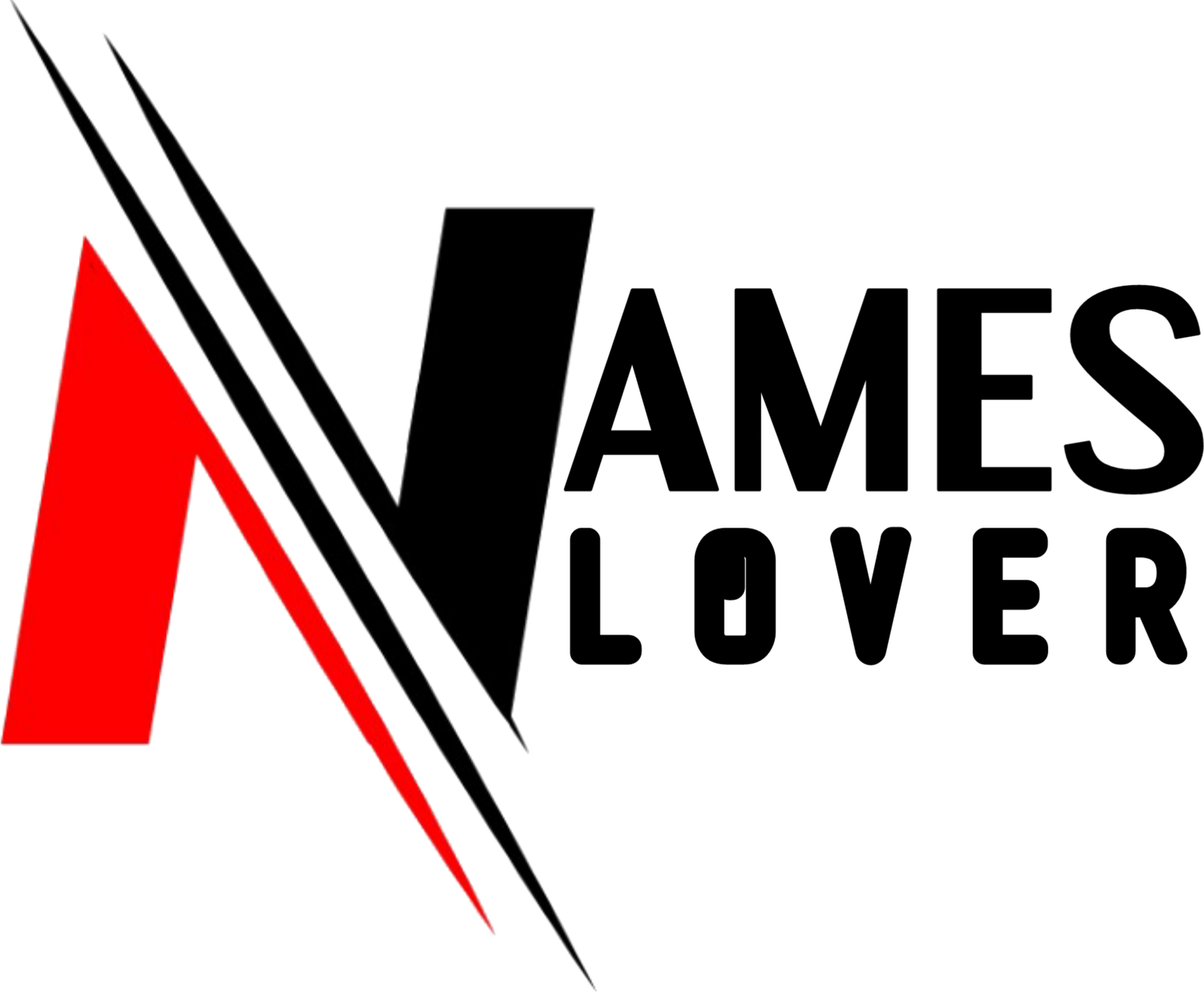Geometry spot games are a fun and engaging way for children to learn core concepts in geometry. Playing these interactive games helps kids grasp spatial skills, shape recognition, fractions, symmetry, coordinates, angles, and more. With colorful graphics and progressively harder levels, these top 10 online geometry games will captivate and educate kids aged 5-12.
1. GeoPuzzle Master

GeoPuzzle Master features over 100 puzzle levels focused on shape identification. Kids must correctly select the name of the 2D or 3D geometric shape shown to progress. With four difficulty settings, this game accommodates a wide range of spatial ability levels. Players earn stars and unlock new levels and shapes as they advance.
Educational Value: Develops shape recognition skills and geometry vocabulary. Covers types like polygons, quadrilaterals, triangles, prisms, pyramids, cylinders, spheres, and more.
Age Group: 5 years and up.
Read More: TikTok Username Ideas
2. Shape Shifters

In Shape Shifters, students solve puzzles by moving, rotating, reflecting, and layering 2D geometric shapes to match the outlined target form shown. With over 500 puzzles, kids will encounter circles, polygons, arcs, tangrams, and irregular shapes while sharpening their spatial manipulation abilities.
Educational Value: Improves visual-spatial skills, transformation of shape orientation, and positioning.
Age Group: 6 years and up.
Read More: Anime Names
3. Angle Adventure

This adventure game has kids navigating mazes and obstacles by drawing lines at specified angle measurements. Using the angle creation tool, they must set the line at the exact degree angle stated to overcome each challenge. With increasing difficulty, it develops angle measurement skills up to 180 degrees.
Educational Value: Practice identifying, measuring, and drawing angles. Covers acute, obtuse, straight, and right angles.
Age Group: 7-9 years.
Read More: Private Story Names
4. Fraction Fortress

In Fraction Fortress, students must supply the missing numerators or denominators to correctly identify fraction models represented visually. Pie charts, pattern blocks, fraction bars, and number lines help cement fractional part-whole relationships. Bonus levels cover equivalent fractions and mixed numbers.
Educational Value: Develop fraction literacy and reinforcement of fraction models. Promotes part-whole proportional reasoning abilities.
Age Group: 7-10 years.
Read More: Wizard Names
5. Lolipop Saga

This interactive learning adventure has students progress through platforms and obstacles by completing symmetric shape puzzles. They must draw the line(s) of symmetry to split shapes into accurately mirrored parts. Advanced levels involve categorizing symmetry types and determining asymmetry.
Educational Value: Develops an understanding of symmetrical patterns and shapes. Covers line and rotational symmetry identification.
Age Group: 6-8 years.
Read More: Stripper Names
6. Geometry Dash

Kids flex their shape knowledge in this fast-paced geometry game app. They must quickly identify the named polygon, pyramid, prism, or 3D shape as examples flash rapidly across the screen. With multiple difficulty settings, it builds quick visual perceptual skills and geometry recognition reflexes.
Educational Value: Rapid boosting of shape identification and spatial skills. Covers key 2D and 3D geometry vocabulary terms.
Age Group: 8 years and up.
Read More: Maid Names
7. Polygon Puzzle

In this puzzle challenge, students combine and sub-divide polygons with 3 to 8 sides to create the given target shape. With curved manipulator tools, they can stretch, angle, and fuse the starter polygons together into endless geometric combinations for 100s of puzzles.
Educational Value: Develops spatial reasoning skills and deeper understanding of how polygons can make composite shapes. Lets kids discover geometry relationships through hands-on play.
Age Group: 8-12 years.
Read More: Funny Kahoot Names
8. Coordinate Quest

This game has kids navigate across grids and plot specific coordinate points to unlock new levels. Using ordered pairs, they identify locations to collect power-ups, capture enemies, or construct platforms. Advanced stages have them drawing shapes or navigating paths based on multiple coordinate plot points.
Educational Value: Develops familiarity with grid coordinates and ordered pairs. Maps geometric concepts to numbered points on a plane.
Age Group: 9 years and up.
Read More: Funny Frog Names
9. Tessellation Trials

In this interactive drawing game, kids create repeating pattern mosaics by manipulating polygons and other geometric shapes so they perfectly interlock with no gaps or overlaps. They can color and decorate their creations once a valid tessellation has been achieved. Extensions explore Escher-style transformations.
Educational Value: Allows open-ended spatial reasoning skill development focused on geometric arrangements and repeat transformations.
10. GeoLogic Leap

This progressive logic puzzle game presents visual geometric analogies that students must decode and complete. Given A relates to B in a specific way, kids must select the shape, orientation, or transformation that show how C relates to D using the same logical relationship. Advance puzzles layer more rules and restrictions.
Educational Value: Develops higher order deductive reasoning tied to spatial and geometric concepts. Sharpens logic skills.
Age Group: 11-14 years.
The Benefits of Geometry Spot Games Learning
Online geometry games that teach shape names, symmetry, fractions, coordinates, angles, and more provide a fun, low-pressure environment for developing foundational math skills. By encountering geometric concepts visually and kinesthetically through interactive problem solving, students build the spatial reasoning abilities needed to eventually tackle formal proofs, measurements, and theorems. Games allow them to grasp relationships through hands-on discovery before digging into strict definitions. Adaptive challenges, rewards systems, and captivating graphics keep kids progressing through higher learning levels without even realizing they are doing math. So while entertainment is the motivation, geometry comprehension becomes an incidental byproduct.
To entice kids into joining a geometry dot game tutorial, suitable recognition and rewards will be given to children.
Kids are encouraged by using customized medals as their parents help them in building their confidence through successful participation in the challenges of different levels of the geometry point game. The parents have the freedom to choose the shape, material and design of the medal that is to be used for customization purposes. Otherwise, cartoons that are interesting could be personalized onto PVC medals meant for rewarding games with regard to increasing desire on the part of children. This can only serve not only as a reward for game challenges but also other activities and contests too that may use custom-made medals hence morale booster.
Custom medals are very memorable as rewards and an effective way to encourage!
Matching Geometry Spot Games to Learning Stages
As seen in the age recommendations provided, games target different cognitive readiness levels. Selecting the right difficulty avoids both overwhelm and underchallenge as kids build mathematical thinking over time. The simplest games focus exclusively on shape recognition vocabulary, then advance towards more relational ideas like symmetry, fractions as division, coordinating points in a plane, or properties governing composite figures. Open-ended tessellation or spatial analogy challenges allow older kids to leverage more accumulated knowledge in creative problem solving situations with lots of room for insight “aha” moments. Meeting each child at the zone where they can make connections, experience success, and stretch just beyond what is comfortable is key for progress. Adaptive games make effective differentiation easier.
Incorporating engaging geometry spot games, at the appropriate challenge level, into early math education sets up kids for increased retention and confidence. Making spatial reasoning fun builds intrinsic motivation so students seek out more sophisticated mathematical content as they mature. Jumping right to formal proofs or rote measurement drills without this conceptual foundation can otherwise lead to confusion and frustration down the road. Interactive games supply the experiential scaffold for higher math to eventually stick.



